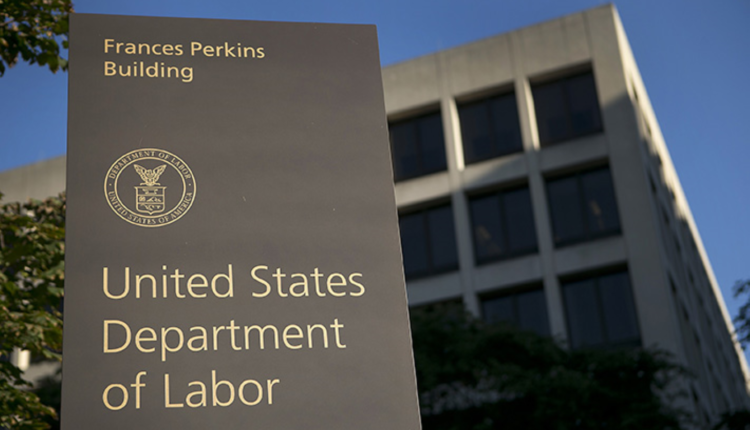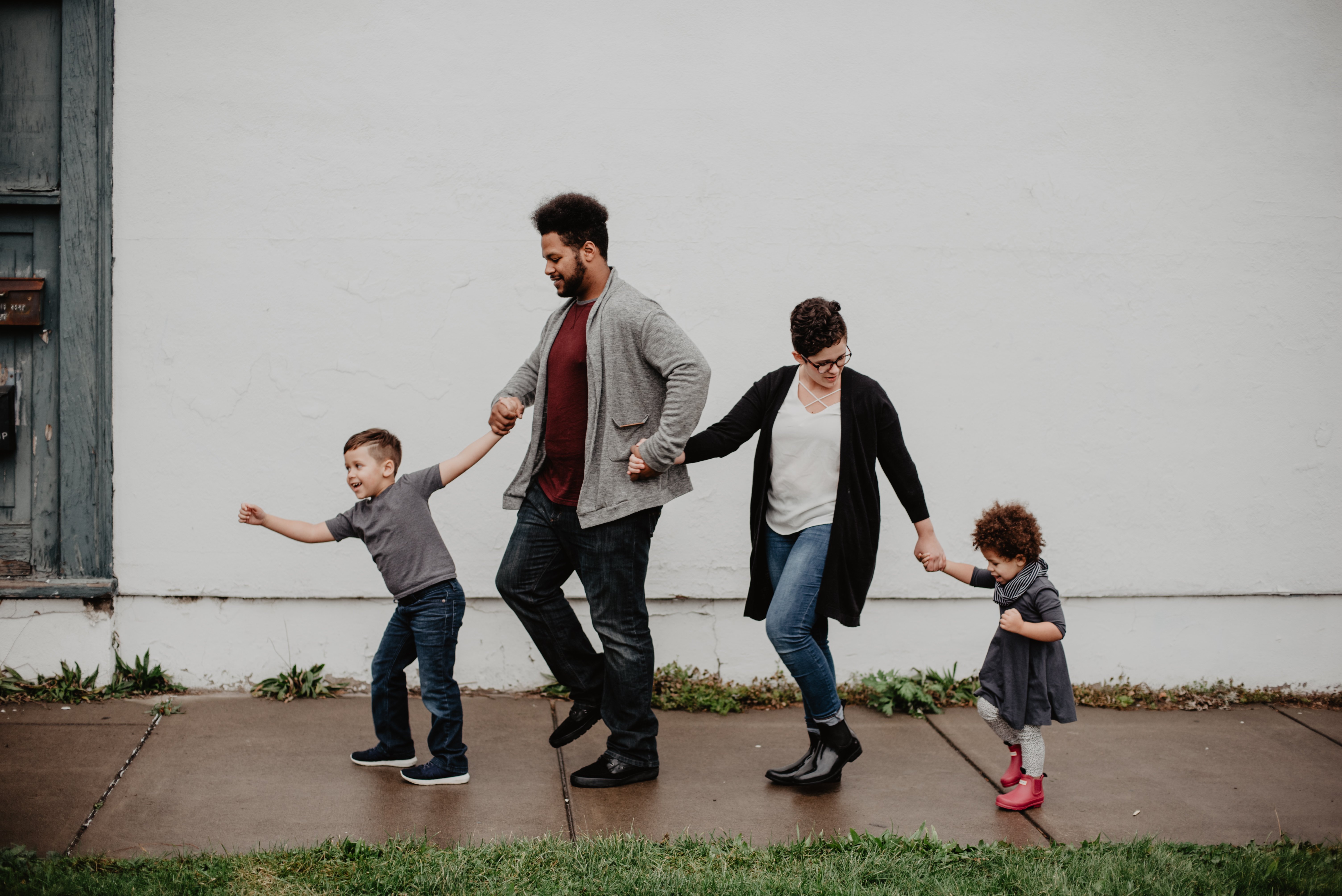COVID-19 has been a wake-up call for American consumers to reevaluate their finances. This is according to a new study by Life Happens, a nonprofit organization dedicated to educating consumers about the importance of life insurance and other related products for sound financial planning.
The survey, “Tough Talks During COVID-19,” asked 2,000 Americans aged 18–56+ how they feel about their finances in light of COVID-19, how it has impacted family conversations, and if they’ve adjusted their behaviors as a result.
The study also draws comparisons to a similar survey Life Happens conducted in January 2020 that uncovered a delay in Americans’ life milestones and a greater focus on their finances.
Normalizing Family Finances
The COVID-19 pandemic has sparked open conversations about end-of-life and future emergency plans. Americans say they are now less likely to avoid talking about financial matters at the dinner table than they were before COVID-19—40% compared with 45% avoiding these topics in the survey fielded in January 2020.
The top five topics that have dominated dinner table discussions are:
*Wills and inheritance – 33%
*Current health issues and concerns – 32%
*Insurance coverage – 30%
* Current financial status – 29%
* Emergency savings – 27%
Other, less dominant dinner table discussions include future emergency plans (26%) and politics (25%).
However, these conversations still aren’t easy, as nearly seven in 10 (69%) respondents shared that they hope to have more open conversations with their partners about their finances, and 60% say they avoid talking about their finances with their children because they just don’t want to worry them.
“We’re all trying to grapple with the change that has come with COVID-19 and are adjusting to the new normal. It’s led many of us to have long overdue, but important, discussions about topics like life insurance and end-of-life plans,” says Faisa Stafford, President and CEO of Life Happens. “I’m glad these conversations are happening, but you need to take it one step further. You need to take action now—like getting that life insurance policy you’ve been putting off—so you can give yourself and your family financial peace of mind.”
COVID-19 Changes Financial Behaviors
As the pandemic continues to change work, travel, and social behaviors across the country, families have also adjusted their spending and financial habits.
Top changes Americans have implemented include:
- Cutting excess spending – 49%
2. Building up savings and emergency funds – 45%
3. Continue working and delay their planned retirement date – 43%
4. Dipping into retirement funds – 37%
5. Focusing on paying down debts – 24%
On average, respondents don’t believe they’ll be truly comfortable with their financial status for another 8.5 months. However, 66% of respondents do believe that the Coronavirus helped them better understand life insurance, and a quarter (25%) have bought life insurance for the first time because of it.
To help Americans reassess their financial preparedness, Life Happens has free resources and tools, including Life Happens’ Life Insurance Needs Calculator to help evaluate your own life insurance needs.
These results were taken from a random double-opt in survey of 2,000 Americans conducted by OnePoll and commissioned by Life Happens between May 29, 2020, and June 3, 2020. OnePoll is a corporate member of the AAPOR and adheres to the AAPOR Code of Professional Ethics and Practice.









